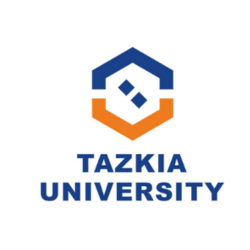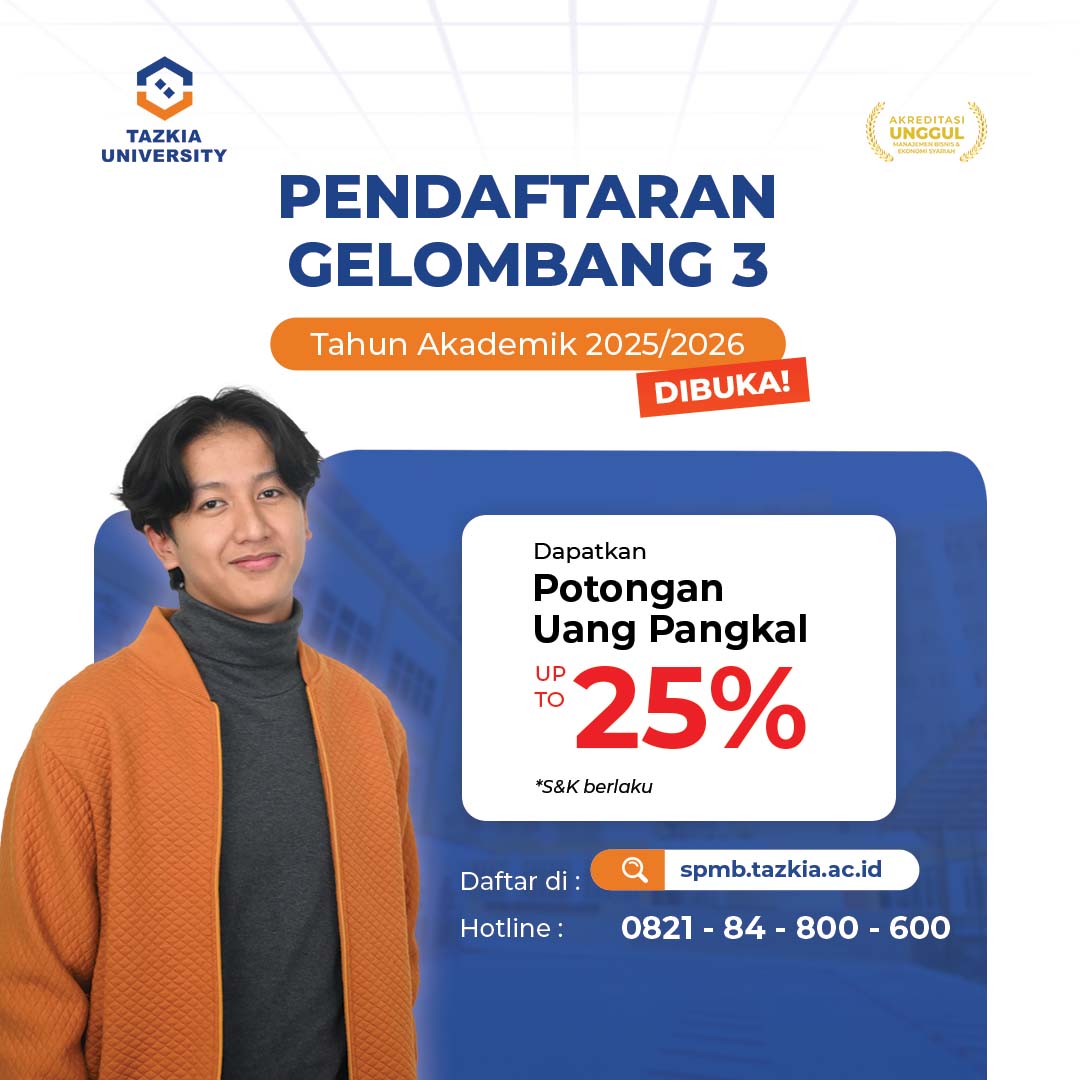What Is Israf?
Meaning: Israf refers to wastefulness or spending excessively on things that are lawful but unnecessary. It includes using resources beyond what is needed, even if the items themselves are permissible.
Examples:
- Buying extra clothes when you already have enough.
- Ordering more food than you can eat, leading to waste.
- Spending money on luxury items while ignoring basic needs or charity.
Islamic Ruling:
Israf is considered a major sin in Islam. It is discouraged because it shows ingratitude for blessings and deprives others of resources that could be shared. The Quran and teachings of the Prophet Muhammad (PBUH) urge moderation and mindfulness in spending.
What Is Ghasb?
Meaning: Ghasb means forcefully taking or illegally seizing someone else’s property, wealth, or rights. It is a form of theft involving coercion or dishonesty.
Examples:
- Occupying land without the owner’s permission.
- Threatening someone to hand over their money or belongings.
- Fraudulently claiming ownership of another’s assets.
Islamic Ruling:
Ghasb is strictly prohibited and punishable under Islamic law. It violates the rights of others and disrupts social justice. Unlike secret theft (sariqa), Ghasb often involves open aggression or manipulation.
Key Differences Between Israf and Ghasb
|
Aspect |
Israf |
Ghasb |
|
Focus |
Wasteful spending on lawful things |
Illegally taking others’ property |
|
Action |
Excessiveness in using resources |
Forceful seizure or fraud |
|
Consequences |
Moral sin; misuse of blessings |
Legal crime; violation of rights |
Why Do These Matter?
- Israf teaches Muslims to avoid greed and live humbly, sharing blessings with those in need.
- Ghasb emphasizes respecting others’ rights and maintaining fairness in society.
Both concepts remind believers to use wealth responsibly and uphold justice in all dealings.
References :
1. https://www.zawya.com/en/islamic-economy/glossary
2. “Downloading” Material Online- Halal? Haram?-Shaykh Abdullah Ali - Lamppost Education Initiative


